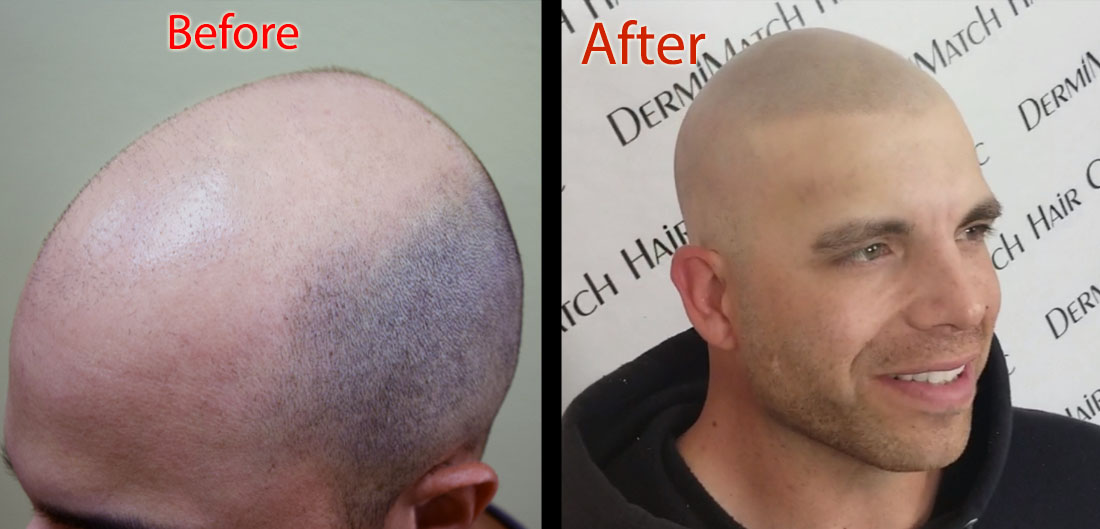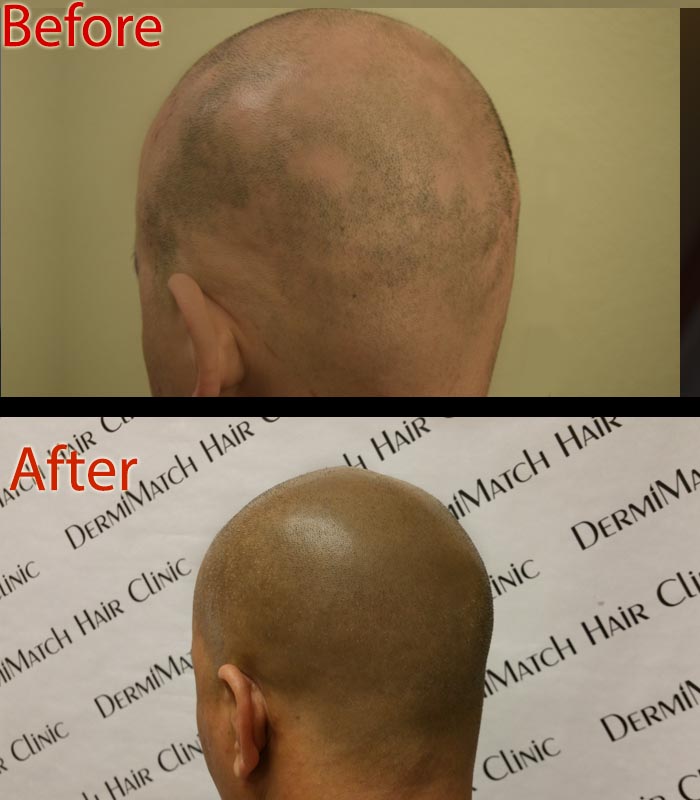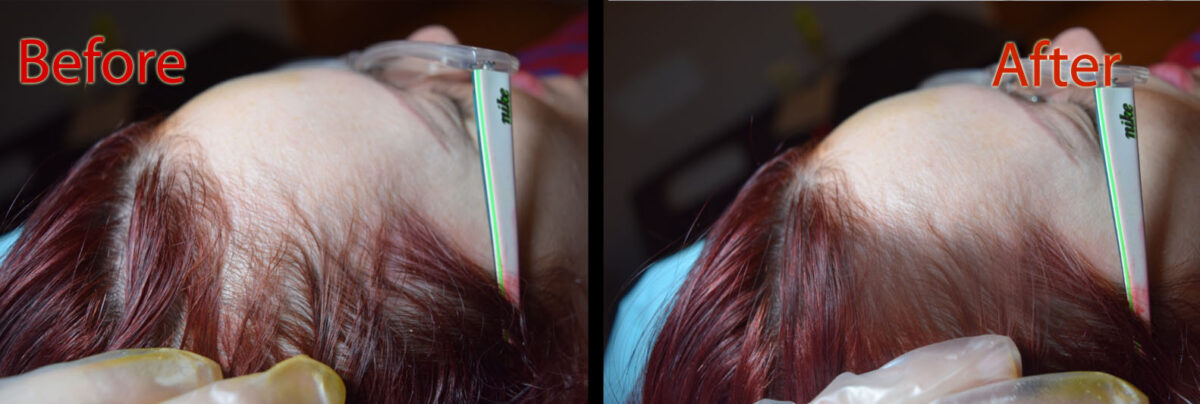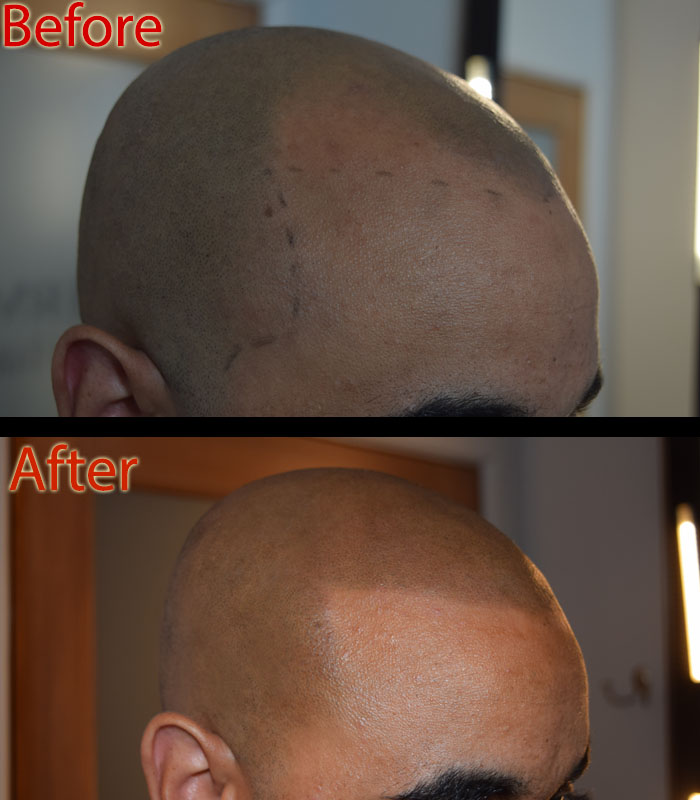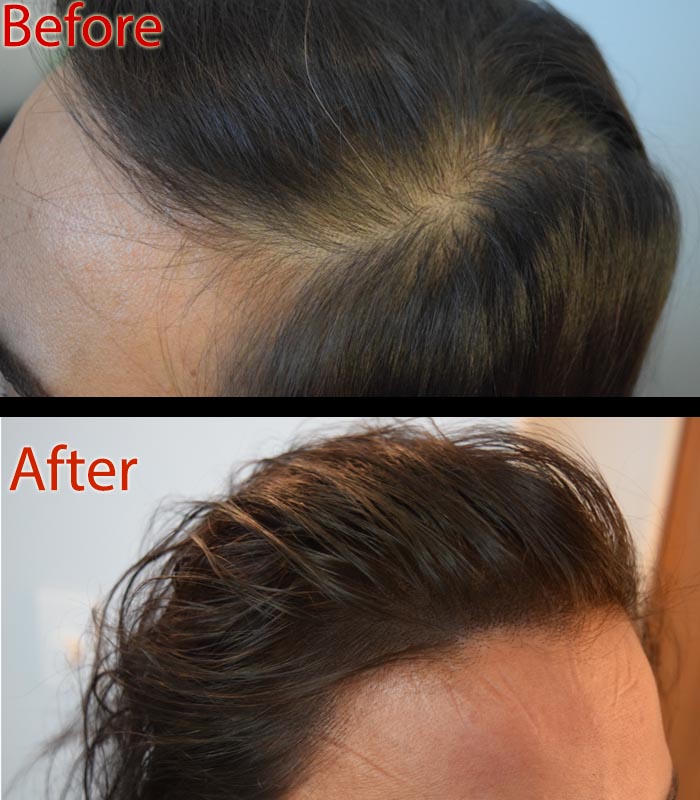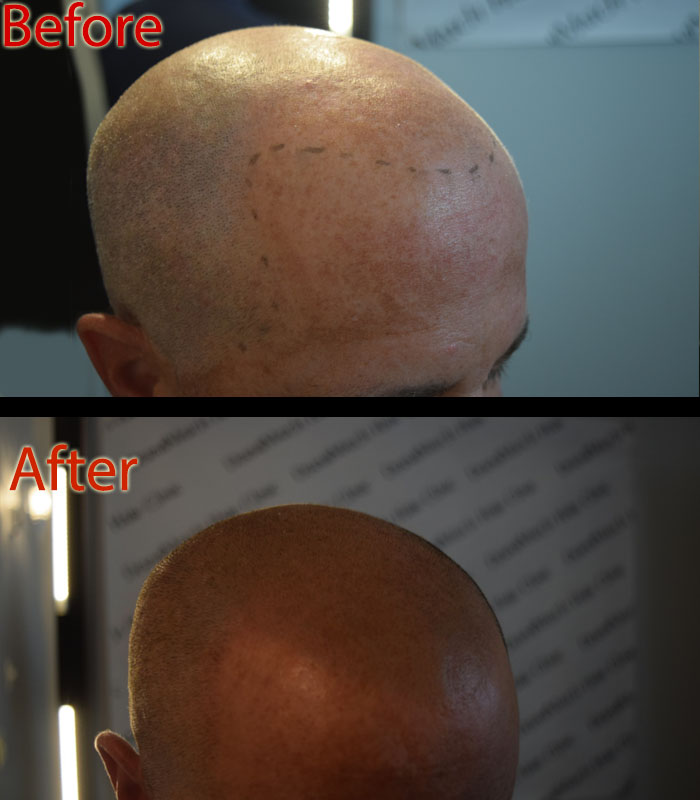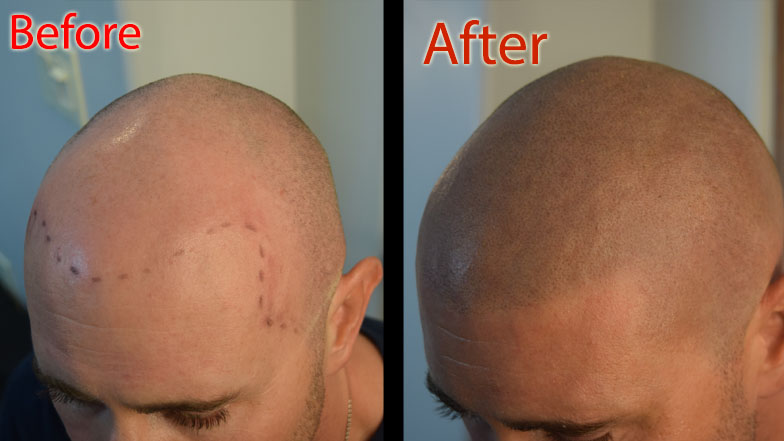The beauty industry has seen a boom in peptide hair supplements. Celebrities like Khloé Kardashian and Kris Jenner lead this trend. They credit their thick, shiny hair to peptide hair supplements, aka peptide-rich gummies and ingestibles. These products have become essential in many beauty routines.
Well, these supplements contain biotin, B-vitamins, collagen peptides, and amino acid chains. They claim to stimulate hair follicles at the cellular level. Their appeal lies in simplicity – just a daily chewable with promised results. Celebrity backing and slick marketing have made them viral on social media.
But is it worth trying these supplements for anyone suffering from hair loss?
The Science Behind Peptide Hair Supplements
Peptides act as biological messengers in the body. They signal cells to repair and regenerate. For hair, specific peptides like copper peptides improve follicle strength. They increase blood flow to the scalp. They also extend the growth phase of hair.
Many formulas include antioxidants that support scalp health. These ingredients may improve hair texture and slow shedding. Results can take several months to appear.
But supplements aren’t miracle cures. Hair loss has many causes. Genetics, hormones, stress, and diet all play roles. No single supplement can address all these factors. Most users see subtle changes at best. Long-term use might help maintain any benefits.
Scalp Micropigmentation: A Definitive Alternative
For those wanting immediate results, Scalp Micropigmentation offers a lasting solution. This is especially true for advanced thinning or pattern baldness. SMP creates the appearance of density through precise pigment application. It mimics real hair follicles on the scalp.
SMP can fill in thin areas and redefine hairlines. It works for all hair types and skin tones. Results are immediate and require minimal upkeep. There’s no need for daily pills or treatments.
The SMP Advantage
Unlike supplements with uncertain outcomes, SMP delivers consistent results. The procedure uses specialized equipment to deposit pigment into the scalp’s dermal layer. This creates thousands of tiny impressions that look exactly like hair follicles.
SMP works for various hair loss situations. It helps people with pattern baldness, thinning hair, and scar coverage. It can enhance a buzzed haircut or add density to longer styles.
Many clients complete treatment in just 2-3 sessions. Results last for years with occasional touch-ups. There’s no daily maintenance required.
The psychological benefits are immediate. Clients report increased confidence and reduced anxiety about their appearance. Many wish they had discovered SMP sooner than they started with peptide hair supplements.
What’s better – peptide hair supplements or SMP?
While celebrity-endorsed supplements may help some people, SMP offers a guaranteed solution. It provides immediate visual improvement without waiting months for a potential result.
For those tired of uncertain outcomes and ongoing expenses, SMP represents the ideal solution. It delivers the appearance of fuller hair without daily commitments. It works regardless of the cause of hair loss.
Consider SMP if you want reliable, long-lasting results. The treatment provides peace of mind and confidence that supplements simply cannot guarantee. With SMP, you can stop chasing miracle products and start enjoying life with a fuller-looking head of hair.

